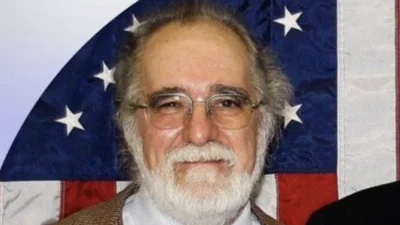Brian Calley President and Chief Executive Officer at Small Business Association of Michigan | LinkedIn
Brian Calley President and Chief Executive Officer at Small Business Association of Michigan | LinkedIn
The U.S. Department of Homeland Security has implemented a final rule updating the eligibility requirements for H-1B visas, aiming to provide employers with more flexibility in hiring skilled foreign workers. This rule, effective from January 17, 2025, follows proposed changes from 2023 intended to modernize the H-1B process and definitions.
A key change is the redefinition of "specialty occupation." The new rule clarifies that a bachelor's degree must be "directly related" to the job offered. It also acknowledges that various degree fields can qualify if they are relevant to the job duties. Additionally, it specifies that a related degree is not always mandatory.
The rule also confirms that an amended H-1B petition is necessary when a new Labor Condition Application (LCA) is required, such as when an employee moves beyond commuting distance from their current location.
Another significant update reinstates deference to prior adjudications for H-1B extensions. This policy was previously removed during the Trump administration but may return through rulemaking under the current administration.
Furthermore, the rule mandates maintaining status by requiring evidence of an employee's current U.S. status for eligibility in various H-1B filings. If adjudication periods are lengthy and validity periods expire, amended validity periods can be requested alongside motions to reconsider or appeal.
The H-1B cap exemption now includes higher education institutions, certain non-profits, and governmental employers. The updated definitions allow cap-exempt petitions even if the worker isn't directly employed by these organizations but performs work integral to their fundamental activities.
Site visits by USCIS's Fraud Detection and National Security Directorate are codified under this rule. Employers must comply with site visits or risk denial or revocation of petitions. A $500 fee supports these inspections.
Employers must provide evidence that positions meet "specialty occupation" criteria on start dates and may need to submit contracts or agreements as proof. The LCA must align with the position details.
Finally, F-1 OPT students benefit from an additional six months of validity during cap-subject H-1B petition adjudications.
Fragoman Law Firm advises using a new Form I-129 due to these changes and suggests consulting immigration attorneys regarding their impact on specific situations involving H-1B employees or OPT students.






 Alerts Sign-up
Alerts Sign-up